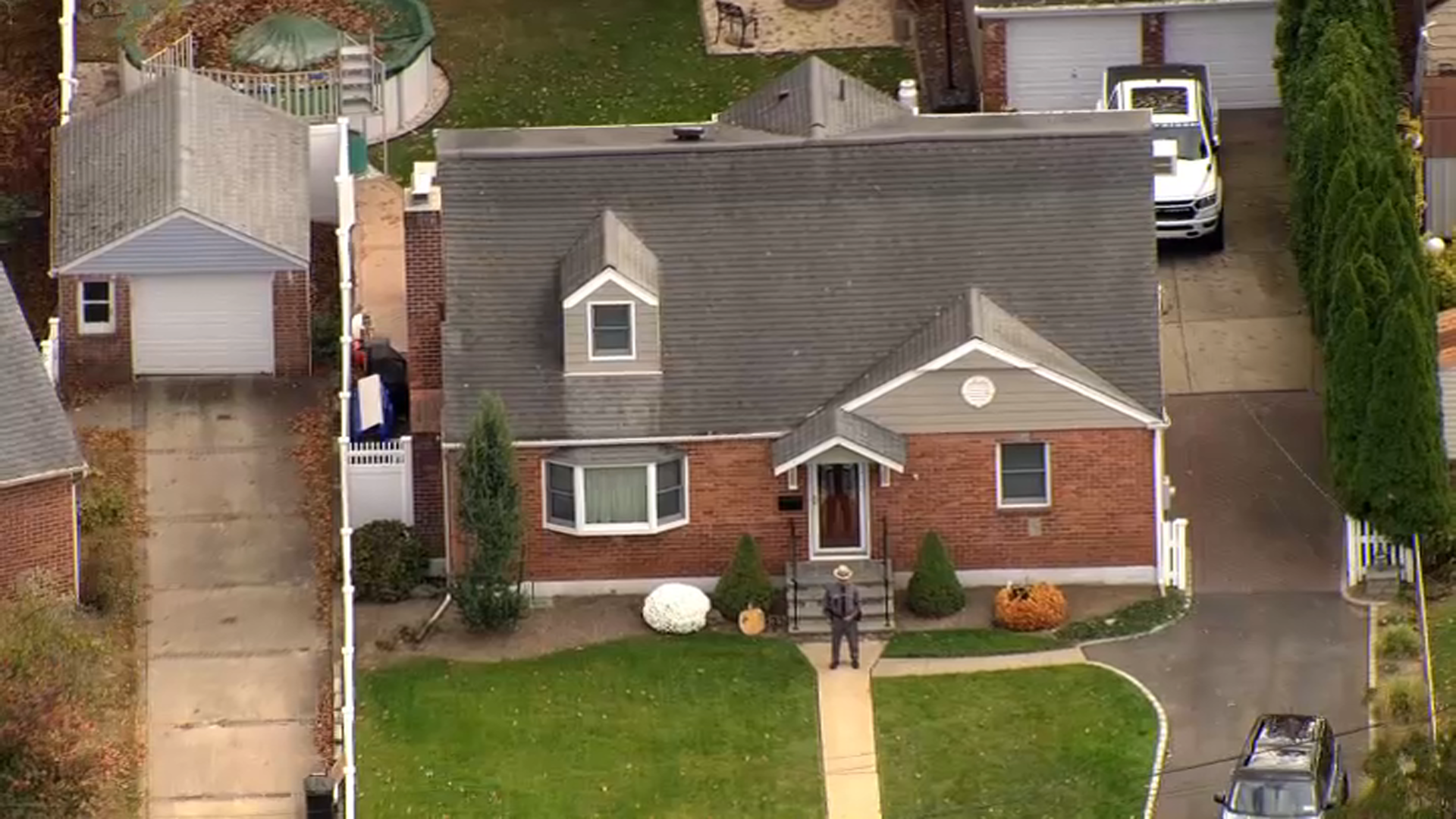What to Know
- Police departments in New Jersey reached a deadline Tuesday for all officers on patrol to begin wearing body cameras, although many departments across the state still have not implemented the technology.
- Democratic Gov. Phil Murphy, alongside other state and local officials in Camden, said that 487 departments across New Jersey had applied for and been approved for about $58 million in grants to buy cameras.
- The bill passed in the Legislature after this summer’s protests stemming from videos showing violence involving police, most prominently George Floyd, whose death was recorded by a bystander, but the legislation has been around since 2014.
Police departments in New Jersey reached a deadline Tuesday for all officers on patrol to begin wearing body cameras, although many departments across the state still have not implemented the technology.
Democratic Gov. Phil Murphy, alongside other state and local officials in Camden, said that 487 departments across New Jersey had applied for and been approved for about $58 million in grants to buy cameras.
“We are witnessing a new chapter in policing in New Jersey with the reforms we are implementing in partnership with law enforcement and community leaders. And, with the body cameras we are funding, we will literally have an objective witness to how police carry out their duties,” Murphy said.
Murphy and lawmakers signed off on the spending in a supplemental funding bill in December. It’s financed through the state’s general fund, which gets money from sales and corporate business taxes.
Attorney General Gurbir Grewal cast police body cameras as an ingredient in building trust among communities and police.
Get Tri-state area news delivered to your inbox. Sign up for NBC New York's News Headlines newsletter.
“By acting as an unbiased witness to law enforcement actions, they help to safeguard equal justice, while also protecting the vast majority of officers who do the right thing day-in and day-out,” he said.
News
The bill passed in the Legislature after this summer’s protests stemming from videos showing violence involving police, most prominently George Floyd, whose death was recorded by a bystander, but the legislation has been around since 2014.
When the bill was enacted last November, about a third — or 12,000 — of officers wore cameras. The grants are aimed at closing the gap.
There are exceptions to the camera requirement, though, such as undercover officers or those on administrative duty.
Police unions have backed the legislation. Pat Colligan, the president of the New Jersey State Policemen’s Benevolent Association, said last year that cameras bring transparency to the job and show the public what the work of officers is like.
Police departments across the country have increased their use of body cameras, which have been praised for their potential to show the truth of an encounter with officers. But with budget crunches looming and cries to “defund the police,” some have asked if taxpayer dollars spent on police body cameras have provided the accountability and transparency expected.
Colorado, Connecticut, Illinois, Maryland, New Mexico and South Carolina require police body cameras, according to the National Conference of State Legislatures.
South Carolina was the only state with a mandate in place before May 2020, according to the association.
In New Jersey, it’s unclear how long it could take for the cameras to be fully implemented.
In a statement, the governor’s office said the procurement process has been affected because of the new demand for the cameras.
Among the departments getting the biggest doses of state grant funding for the cameras are the state police and departments in Jersey City and Newark, according to data from the attorney general’s office.



